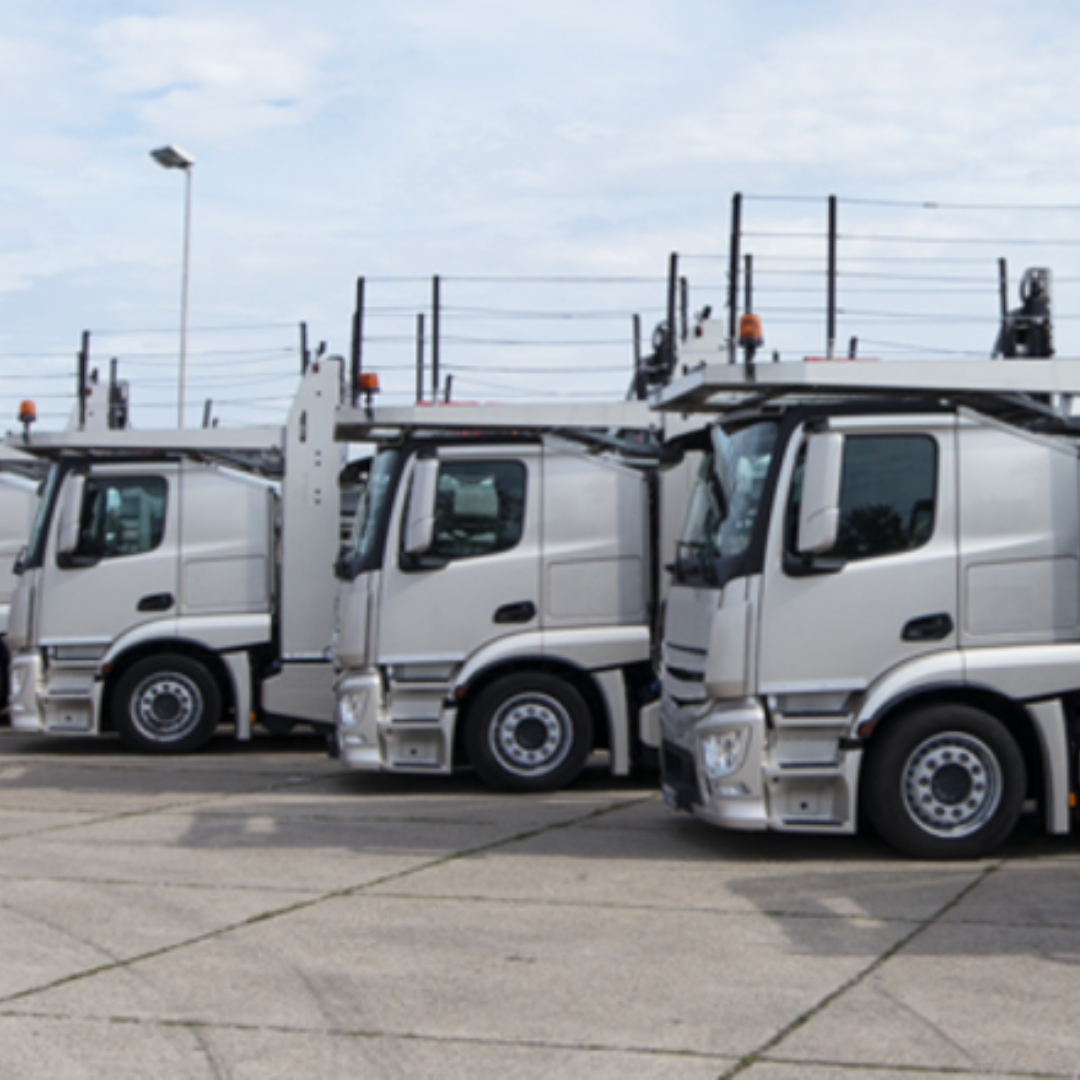The Commercial and Fleet Vehicle Expert Group

Share
Guest authors: Thomas Spreckley, Technology Strategist at ETAS, and Ted Guild, Connectivity Standards Lead at Geotab
COVESA Commercial Vehicle in a Nutshell
The Commercial and Fleet Vehicle Expert Group is specifying universal data collection campaigns (use cases, data needed, collection sampling rate, and methodologies) for OEM cloud offerings for adjacent industry verticals interested in consuming connected vehicle data. For this, we are leveraging COVESA’s Vehicle Signal Specification (VSS) as a common data model and hope to establish it in a broader automotive data marketplace. We work together with OEMs, fleets, telematics, insurance, and autonomous driving companies to define data campaigns that better fulfill their business needs and help them scale due to the proven benefits of open specifications.
Business Motivations and Benefits for Stakeholders
While VSS is already gaining traction within the automotive industry—adopted by multiple OEMs, tier-one suppliers, and cloud solution providers—its full potential remains untapped. As the automotive and adjacent industries evolve, VSS is emerging as a key foundational element to enable interoperability, foster innovation, and build an ecosystem that can deliver scalable, cross-branded services.
It has benefits as an abstraction layer in-vehicle, northbound to the cloud, and by a broader ecosystem. Although integration of VSS and Vehicle Information Service Specification (VISS) within AUTOSAR will be of great use at the vehicle edge, we sought to establish practical, real-world use of VSS in the cloud sooner. Establishing VSS as the data model for connected vehicle exchanges also helps protect against detrimental derivations and inconsistencies. Most major auto manufacturers have established data offerings; unfortunately, they typically lack consistency and often do not consider the needs of the data consumers, nor is the data collected in a manner that can be used to make meaningful insights.
The implementation of VSS in data campaigns offers several advantages:
- Consistency and Scalability: VSS provides a flexible framework that can be adapted to different regional markets and industries, ensuring data standards are met across borders.
- Regulatory Compliance: With an increasing demand for regulatory alignment, VSS offers a model that meets requirements from regulators and other data consumers alike.
- Cost-Effective Solutions: By leveraging open specifications, the Expert Group aims to eliminate the inefficiencies of proprietary solutions, reducing OEM costs in collecting and making data available while at the same time producing higher value data and lowering integration costs, thereby increasing the demand of data consumers.
Automotive data has immense potential to drive innovation and generate significant revenue.
The data campaigns being created are replicable and can be tailored to address the different requirements of different regional markets.
Building Momentum and Forming Liaisons
This effort started as a Birds of a Feather (BoF) activity within COVESA, an incubator group. It has succeeded in attracting diverse stakeholders and finding like-minded efforts to align with, such as ACEA FMS, ATA TMC, VDV, and SAE ITC to name a few. The Fleet Management Data Guidelines create clear conventions, specific data points (in VSS) to be collected, identify use cases they support, and how the auto manufacturer should collect the data. There was an initial fleet-first approach, but the conventions apply to other adjacent industry verticals. We have started creating data campaigns to address the challenges of EV adoption and supporting insurance data needs.
The COVESA Board of Directors has approved the BoF to become an Expert Group, and Ford Motor Company has joined Bosch/ETAS and Geotab in leading the effort.
The first versions of data collection campaigns to support fleet management and insurance use cases are expected in early 2025.
What are your main areas of focus now?
- Insurance and Heavy-Duty Trucks: Exploring data use cases to support insurance models and optimize operations for large commercial fleets.
- In-Vehicle API Development: Our current focus is on advancing in-vehicle APIs, especially for heavy-duty (HD) trucks, to enable better data collection and exchange.
- Ecosystem Expansion: We are fostering the development of a data exchange ecosystem that could evolve into its own dedicated group within COVESA.
How Can You Get Involved?
We encourage all stakeholders—from OEMs to fleet operators and solution providers—to integrate VSS data models into their Request for Quotations (RFQs), fleet vehicle procurement strategies, and partner engagements. The demand for standardized, scalable solutions is growing, and by adopting open standards, the industry can avoid the high costs and inefficiencies of proprietary solutions.
This Expert Group, driven by data consumers and solution providers, is a crucial step toward ensuring that vehicles produce data that is both consistent and actionable. We welcome feedback, collaboration, and prototyping and invite all to join us in shaping the future of connected vehicle data.
GROUPS & PROJECTS
Join the COVESA Vehicle Signal Specification (VSS) Project and explore the array of groups and projects available to members.
Related Pages
Check out our spotlight page, “Commercial Vehicles: The Power of Standardized Telematics,” to explore the impact of data and telematics, market trends, integration challenges, the importance of standardization, and COVESA’s role in driving innovation.
